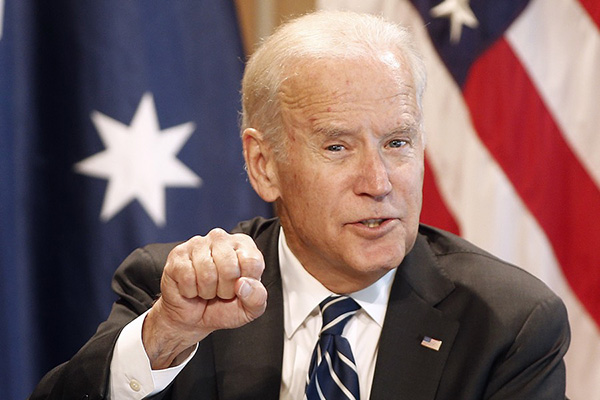 If Democrats want to win the Hispanic vote in Florida — a key swing state — in upcoming elections, it won’t be enough for them to say that President Trump locks up immigrant infants in cages, sides with Russia’s President Vladimir Putin against U.S. intelligence agencies and heads one of the most corruption-ridden administrations in recent U.S. history.
If Democrats want to win the Hispanic vote in Florida — a key swing state — in upcoming elections, it won’t be enough for them to say that President Trump locks up immigrant infants in cages, sides with Russia’s President Vladimir Putin against U.S. intelligence agencies and heads one of the most corruption-ridden administrations in recent U.S. history.
Democratic candidates will need to speak out much louder about the crimes against humanity that are taking place in Nicaragua and Venezuela, and denounce Trump’s refusal to consider asylum petitions from large numbers of people fleeing the horrors of Nicaragua, Venezuela and Cuba.
All this crossed my mind while reading former Vice President Joe Biden’s remarks this week during his visit to Colombia, where he called on the international community to isolate Nicaragua’s de facto dictator Daniel Ortega’s regime.
To his credit, Biden — who is said to be considering a bid for the Democratic presidential nomination in 2020 — said that Ortega bears full responsibility for the more than 300 dead by police-backed masked paramilitary forces in Nicaragua’s ongoing anti-government protests.
In his speech to the Concordia Americas conference in Bogota, Biden also said that, “The entire hemisphere has a duty” to help restore democracy in Venezuela.
But, by and large, the Cuban, Venezuelan and Nicaraguan exile communities in Florida have only been hearing the siren songs from Trump and Sen. Marco Rubio, promising tough actions against their home countries’ repressive regimes.
A recent report — probably leaked by the White House for domestic political consumption — quoted a senior administration official saying that Trump asked top advisers in 2017 about invading Venezuela. That was music to the ears of many Venezuelan and Cuban exiles.
Many Venezuelans have been duped into believing that there will be an imminent U.S. invasion in their native country. Some Venezuelan-opposition Twitter pages enthusiastically echo Trump and Rubio’s statements preceded by the words “tic-tac,” as if the clock were ticking in advance of the Marines landing in Venezuela.
The Trump administration deserves credit for continuing and expanding President Obama’s individual visa and financial sanctions against top Venezuelan officials and for doing the same with top officials in Nicaragua.
But in reality, Trump’s tough talk is just that — talk. Trump has not discontinued U.S. commercial flights to Cuba, or U.S. cruise line visits to Havana, or — as far as he has stated — brought up Venezuela’s crisis in his talks with Russia’s Putin.
Instead, the Trump administration has deported record numbers of Cubans and is clamping down on Venezuelan and Nicaraguan asylum seekers. And yet, thanks to their tough talk, Republicans are winning growing numbers of Florida Hispanic voters.
A recent Mason-Dixon poll of South Florida Hispanic voters — who are mostly Cuban Americans — shows that Republican Gov. Rick Scott, who is running for a seat in the U.S.. Senate in November’s mid-term elections, is leading incumbent Democratic Sen. Bill Nelson by 42 percent to 39 percent of the vote. The poll has a 3.8 percent margin of error.
“The Democrats will have to move to the right if they want to win Florida,” says Eduardo Gamarra, a Florida International University professor who conducts polls among Florida Hispanics.
Democrats note that every major piece of legislation imposing sanctions against Venezuelan officials has been introduced by Democratic legislators such as Bob Menendez, of New Jersey, Ben Cardin, of Maryland, and Rep. Eliot Engel, of New York. But Trump and Rubio’s microphones are much louder than those of the Democrats, who don’t control the executive branch or either chamber in Congress.
Just as Nelson recently had his picture taken in front of a Florida detention centre where the Trump administration is keeping immigrant minors, he should go to the Colombian border with Venezuela or to the Costa Rican border in Nicaragua and denounce these countries’ repressive regimes.
If Democrats don’t pay more attention to Florida’s Cuban, Venezuelan and Nicaraguan voters, and make a bigger effort to win them over, they will risk losing key congressional and Senate races. They might even lose the state — and, perhaps, national — elections in 2020.









